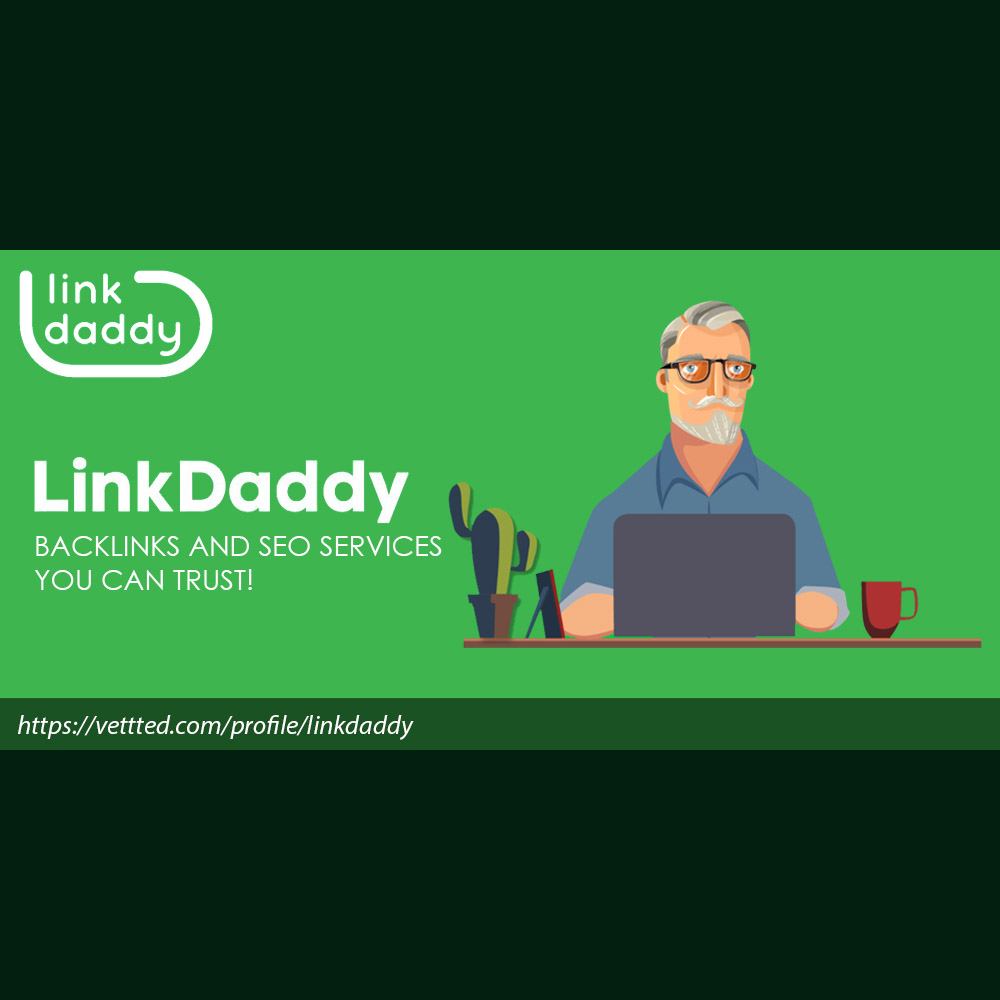Deciphering the Enigma Behind Cloud Services: What You Need to Know
In today's rapidly evolving technological landscape, the concept of cloud services has become increasingly pervasive, yet stays shrouded in a shroud of enigma for lots of. As services and people proceed to embrace the cloud for its scalability, cost-efficiency, and versatility, understanding its details comes to be extremely important. From the different kinds of cloud implementation designs to the important safety considerations that come right into play, navigating the realm of cloud solutions can be an overwhelming task. This expedition aims to clarify vital facets that are important for anybody looking to harness the power of the cloud successfully.
Recognizing Cloud Services
To realize the concept of cloud solutions, one should comprehend the essential concepts of virtualized computing and remote data storage space. Cloud services, additionally recognized as cloud computer, involve the distribution of calculating services-- including servers, storage, data sources, networking, software application, and analytics-- online to provide faster development, flexible sources, and economies of scale. This design allows companies to access technology sources without the demand for direct management of the underlying facilities.

Comprehending these foundational components of virtualized computing and remote information storage is necessary for comprehending the benefits and capabilities of cloud services in today's digital landscape. - universal cloud Service
Types of Cloud Deployment Versions
Cloud release designs incorporate various methods for deploying and handling cloud computer services to fulfill certain company needs successfully. There are largely 3 kinds of cloud implementation designs: public cloud, personal cloud, and hybrid cloud.
Public Cloud: Public cloud solutions are supplied by third-party vendors online, making them easily available and cost-effective. These solutions are optimal for organizations looking to unload IT operations and maintenance to exterior service providers.

Hybrid Cloud: Crossbreed cloud combines aspects of both personal and public clouds, enabling organizations to leverage the scalability of the public cloud while maintaining control over vital applications and information in a personal cloud setting. This version offers flexibility and modification choices, making it a prominent option for businesses with vibrant workloads and varying IT requires.
Advantages of Cloud Solutions
Enhancing operational performance and fostering development, cloud solutions supply a plethora of advantages for modern companies seeking to optimize their IT facilities. One of the key benefits of cloud solutions is cost-effectiveness. By transitioning to the cloud, services can eliminate the demand for considerable equipment financial investments and maintenance prices. This pay-as-you-go version allows companies to scale their sources according to their current requirements, avoiding unneeded costs.
An additional benefit is enhanced flexibility and scalability. Cloud services offer services with the capacity to quickly adapt to transforming market problems and scale their procedures up or down as needed. This agility enables companies to respond quickly to brand-new possibilities and challenges, providing an one-upmanship in today's fast-paced service setting.
Furthermore, cloud solutions provide enhanced information security and catastrophe healing capabilities. In general, leveraging cloud services can encourage businesses to enhance procedures, drive advancement, and achieve lasting success in the electronic age. cloud services press release.
Safety And Security Considerations in the Cloud
In the realm of cloud solutions, prioritizing durable protection steps is important for protecting sensitive data and guaranteeing operational resilience. When thinking about safety in the cloud, it is vital to resolve elements such as data file encryption, identification and accessibility management, network security, and compliance with sector regulations. Security plays a vital duty in securing information both at rest and in transportation, guaranteeing that details continues to be safe and private from unauthorized access. Identity and gain access to management devices assist control that can gain access to data and sources within the cloud environment, reducing the danger of information violations.
In addition, applying strict network safety and security steps, such as firewall softwares and intrusion discovery systems, can assist stop cyber risks and unauthorized accessibility to shadow infrastructure. Conformity with market regulations, such as GDPR or HIPAA, is vital for organizations taking care of sensitive information to stay clear of lawful ramifications and keep depend on with customers. By addressing these protection considerations proactively, services can minimize threats and with confidence leverage the advantages of cloud solutions while protecting their electronic possessions.
Choosing the Right Cloud Solution Supplier
As companies browse the intricate landscape of safety factors to consider in the cloud, the process of selecting the right cloud service provider becomes paramount for making certain detailed data security and functional efficiency. When picking a cloud provider, companies need to consider several key aspects. Firstly, reviewing the service provider's safety methods, conformity accreditations, and data security techniques is important to protect sensitive information. Furthermore, evaluating the company's service degree contracts (SLAs) for uptime guarantees, assistance responsiveness, and calamity recuperation strategies is necessary to maintain functional connection (linkdaddy cloud services).
In addition, companies ought to analyze the scalability and adaptability of the cloud solutions provided to guarantee they align with future and current business demands. Comprehending the provider's rates framework, consisting of any kind of covert expenses or fees, is likewise vital for budget monitoring. Moreover, examining the company's track record, customer, and credibility evaluations can offer valuable insights into their reliability and service quality. By conducting detailed research and due persistance, companies can choose a cloud provider that not only fulfills their technological requirements yet also upholds high requirements of security and performance.
Final Thought
In verdict, cloud services provide various advantages such as scalability, cost efficiency, and versatility. When choosing a cloud service copyright, comprehending the various types of cloud implementation versions and thinking about safety and security measures are vital. It is essential to examine the specific needs of a company and carefully assess the options readily available to ensure an effective change to the cloud.
From the various kinds of cloud implementation models to the crucial protection considerations that come into play, navigating the world of cloud services can be an overwhelming task. Cloud solutions, likewise known as cloud computing, include the shipment of calculating services-- including servers, storage, databases, networking, software application, and analytics-- over the web to provide faster innovation, versatile resources, and economic climates cloud services press release of range. Crossbreed Cloud: Hybrid cloud incorporates components of both personal and public clouds, permitting companies to leverage the scalability of the public cloud while maintaining control over critical applications and data in a personal cloud setting.As organizations browse the complex landscape of safety considerations in the cloud, the process of choosing the right cloud service provider becomes vital for ensuring extensive information security and functional performance. Recognizing the different types of cloud release versions and considering safety measures are important when picking a cloud solution provider.